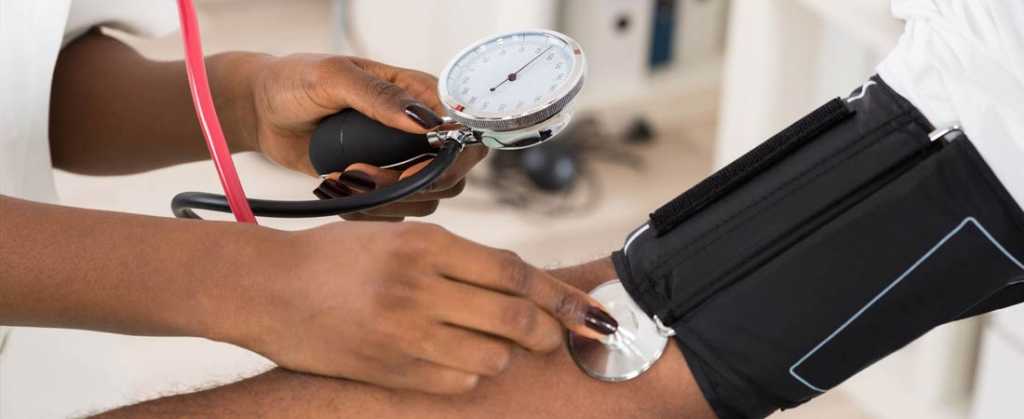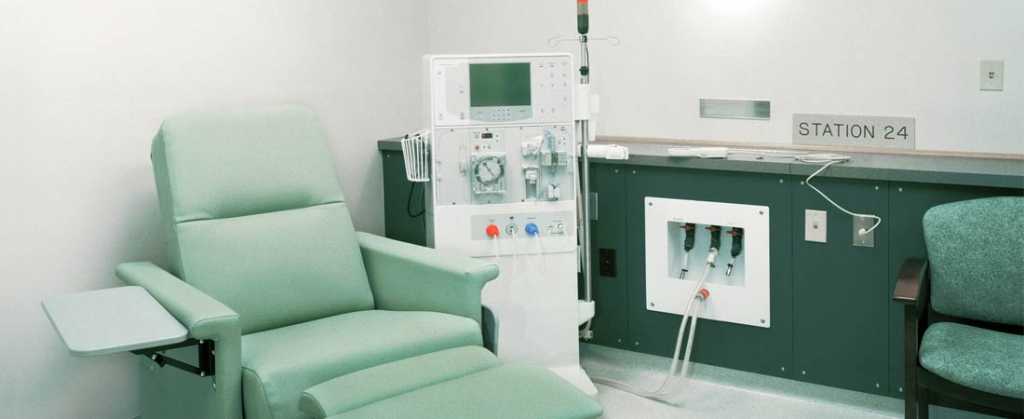Renal Disease Kidney Disease Treatment
If Chronic Kidney Disease (CKD) is discovered in its early stages, medications and other treatments may be able to slow the progress of the disease and reduce the amount of damage done to your kidneys and other organs.
Regular testing of your kidney’s health (through routine blood and urine tests) is important, since people with early-stage CKD usually show no symptoms.
No matter what has caused your renal / kidney disease, quite a lot can be done to slow its progression if it is discovered early enough. Treatments (also known as interventions) may greatly reduce the amount of harm the disease will do to your body and cause the harm to occur more slowly. This may not only put off your need for Dialysis or a Kidney Transplant but prevent it, altogether.
Control of Blood Pressure
One of the most important things you can do to prevent much of the damage your CKD may cause is to strictly control your blood pressure. The effects of blood pressure on Kidney Disease are so great that the use of blood pressure medicines (such as ACE Inhibitors, ARBs, and diuretics) has been shown to slow down the disease’s progression and prevent ultimate kidney / renal failure, even in patients who did not have high blood pressure (also called Hypertension or High Blood).
Reduction of Proteinuria
Proteinuria is the presence of a detectable amount of protein in the urine, which is one of the signs of Chronic Kidney Disease. Once this excess of protein has been identified through urine tests, the condition should be carefully controlled to bring the levels of protein down and keep them as low as possible. Even low levels of Proteinuria can worsen your Kidney Disease and cause cardiovascular (heart) disease, as well.
Proteinuria may be reduced in a number of ways. If you have diabetes as well as CKD, you will want to control your blood glucose (sugar). You may also need to eat less salt and protein. Medications such as ACE Inhibitors or ARBs may also be used to reduce Proteinuria at any stage of CKD.
Glycemic Control
Many patients with chronic kidney disease also suffer from diabetes. If you have diabetes as well as CKD, you can help reduce the damage done by CKD and slow its progression by reducing your blood sugar, monitoring your diet and exercise, and otherwise keeping your diabetes under control.
Monitoring of Medication Use
Many drugs can not only cause CKD, but they can also make it worse, once you have it. Proton Pump Inhibitors (PPIs), which are prescribed for stomach ulcers, heartburn, or acid reflux, and common pain meds are among the medicines that can do the most harm. Non-prescription or prescription medicines for pain, fever, and colds, called non-steroidal anti-inflammatory drugs (NSAIDs), can seriously damage your kidneys, even if you don’t already have CKD, and can cause further damage, if you do.
You may need to stop taking these medicines altogether or significantly reduce the amounts you take to prevent additional renal / kidney damage from CKD.
Even meds that are not known to cause Kidney Disease may be harmful to your kidneys once you have contracted CKD. Your diseased kidneys can no longer adequately filter your blood for drugs and other toxins.
Stop Smoking
Giving up smoking can significantly reduce the amount of damage done to your kidneys by CKD. If you continue to smoke after being diagnosed with Kidney Disease, your kidney function will decline at a much greater rate.
Kidney Failure Treatment
Patients with either Acute Kidney Failure or Chronic Kidney Failure require one of two treatments to stay alive: a Kidney Transplant or Dialysis.
Dialysis
Dialysis is a procedure that cleans your blood of wastes and excess fluids, the life-sustaining job your kidneys are no longer able to do. If you have Chronic Kidney Failure (also known as End-Stage Kidney Disease (ESKD) or End-Stage Renal Disease (ESRD)), you will need Dialysis treatments for the remainder of your life, if you and your doctor choose this option over a Kidney Transplant. If you have Acute Kidney Failure, your doctor may be able to restore the function of your kidneys with only temporary Dialysis.
Hemodialysis
Hemodialysis is one of two forms of Dialysis that are commonly used to treat Kidney / Renal Failure. Hemodialysis uses a dialysis machine and an artificial kidney (called a dialyzer) to remove blood from your body, clean the blood of wastes and extra fluids, and return the cleansed blood to your blood vessels. A minor surgical procedure is performed (usually on your arm or leg) to provide an access tube, or pathway, from your blood vessels to the dialyzer and back.
Peritoneal Dialysis
Peritoneal Dialysis is a form of Dialysis that cleanses your blood while it is still in your body. Again, minor surgery is performed to insert an access tube. In this case, the pathway will go to your belly (abdomen) rather than your arm or leg. Your abdomen will be filled with a special blood cleanser (called dialysate), which will draw the extra fluids and wastes from your blood. After the toxins and fluids have been filtered from your blood, the cleanser (along with those wastes and fluids) will be removed from your body and disposed of.
Kidney / Renal Transplants
Some patients with Chronic Kidney Failure choose to receive a Kidney Transplant rather than lifelong Dialysis treatments. A Kidney Transplant is a surgical procedure that replaces failed kidneys with a new, healthy kidney from either a live or a deceased donor. We can live with only one healthy kidney, so even when both of a patient’s kidneys have failed, only one replacement kidney is provided.
One of the advantages of a Kidney Transplant is that Dialysis is no longer needed. Disadvantages of this choice of treatment include possible rejection of the new kidney by your body and the need for drugs that suppress your immune system (to help prevent the rejection).
NEXT: Was your Kidney Disease Caused by Heartburn Medication? »


